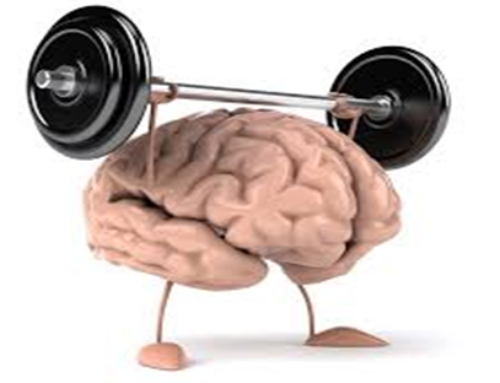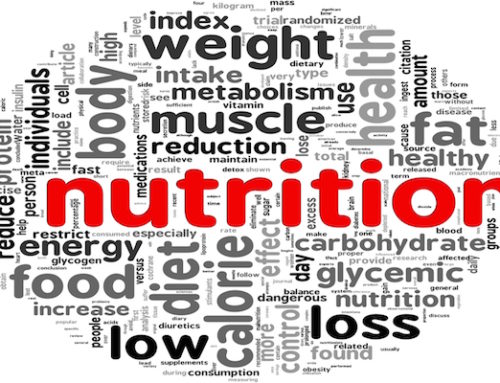A calorie isn’t just a calorie. If one were to consume 2000 calories per day mostly consisting of fat while another person consumed exactly 2000 calories per day of mostly protein, would that be a similar energy intake? Not at all! What about 2000 calories of carbohydrates?
Firstly, we need to take into consideration the caloric ‘cost’ of digesting, absorbing and utilising each of the macronutrients, as it requires energy to process and utilise energy. This is known as the Thermic Effect of Food (TEF) and anything that burns calories has a thermic side effect (produces heat as by-product) and this is exactly what digesting food does. Typically, it accounts for about 10% of your total daily energy expenditure (TDEE). Have you ever noticed you get hotter after a big meal, that’s TEF at work; some people often sweat from the rise in metabolism after a descent meal. So how does this relate to calorie costs and energy intake? Well simply, that each macronutrient has a very different energy cost.
Fat, for instance, has a very low energy cost and the vast majority of each gram of fat (which contains roughly nine calories) can be stored with relative efficiency, preserving almost all of the original calories (unfortunately). Protein on the other hand is the most energy costly to digest and absorb and the TEF of protein can be as large as 25% (depending on the source of protein). This means that for every gram of protein that you ingest (which contains roughly four calories) you only really get 75% of the energy, or three calories per gram, as the rest is lost in utilisation. Carbohydrates are the middle ground with a moderate energy cost of digestion or TEF.
So, our 2000 calories of each macronutrient has now turned into 2000 calories take the energy cost of digesting every gram of that nutrient. As you can see it’s already a different playing field.
Secondly, we need to factor in the combinations of macronutrients that are consumed together. You’ll almost never have just one nutrient making up the entire daily diet as in our fictitious example. For instance, is consuming a 500 calorie meal primarily from the combination of carbohydrates and fat going to promote the same level of fat-burning as 500cals of primarily fat and protein? Again, the answer is no! Fat and carbohydrates together is probably the worst scenario for fat burning, it raises blood glucose (sugar) and blood lipids/triglycerides (fat) together at the same time as peaking insulin, the master ‘storage’ enzyme, so all the above mentioned blood contents are stored including the fat and fat burning is switched off. Each nutrient on its own, however, will not have an as detrimental effect. For instance, even consuming pure fat, by itself, will not store as much fat as a lesser amount consumed in conjunction with carbohydrates/glucose and the inevitably ensuing insulin spike that will follow.
What about carbohydrates and protein together? Or all three nutrients together in roughly equal caloric proportions? Keep in mind that, calorically, 20 grams of fat is pretty similar to 45 grams of carbohydrates (before taking TEF into account). Well, this great question all comes down to our main point for today…
Finally, we come to the all important timing. We’ve gone from our example of 2000 calories of differing macro make ups, to 2000 calories – TEF, to 2000cals – TEF plus considering the different nutrient combinations. Now let’s go to the real kicker – timing!
You could eat the same caloric intake of the exact same macronutrient proportional make up with one specific meal timing to dismally lose muscle and gain fat, while another meal timing supply of the same nutrients (calories and proportions) can promote muscle building and fat loss. So, ‘when is that?’ you ask.
The real subject here has to do with ‘nutrient partitioning’ but we will go into that in more depth in a later article, so stay tuned. For now just know that what happens to a nutrient once ingested is pertinent to the state that the body is in, or about to be in, at the time of ingesting and absorbing into the bloodstream.
Below are the key points to remember:
1) Training changes all the rules. “Don’t eat carbohydrates at night!” but if you have just finished an energy-draining training session and have more training on the cards for the following day then this is when you should have your carbohydrates. “Don’t eat high GI carbohydrates!” That’s unless you have just trained which could be a good time to use some high GI for quick glycogen replenishment. “Eat a low-carbohydrates diet for fat loss!” Very true, unless you train like an athlete. Factoring your training into the consumption of carbohydrates is vital to getting the most out for your nutrition and training. Physical exertion is when you need muscle glycogen (carbohydrates) and when you finish is when you need to replace it. Loading up on carbohydrates without the need for it (for someone who doesn’t train often, or engages in only low intensity walking for instance) won’t help at all. The person who flogs themselves in a glycogen-depleting workout should use that time post-workout to get the carbohydrates in when it’s needed. Blood flow to the muscles is pumping, glucose transport into muscle cells is increased (non-insulin-dependently) and insulin sensitivity is high, so make sure the carbohydrates are low fat.
2) Fat burning occurs best when blood glucose and insulin are relatively low, even if fats are consumed. So when trainings out of the picture for at least a few hours go the lower carb intake route for best effect.
3) When muscle glycogen levels are already low, like after low carbohydrates periods or fasting for example, prior to eating; amino acid and muscle glycogen storage is enhanced, thereby improving muscle building and decreasing storage of excess carbohydrates as fat.
Conclusion, eating carbohydrates all day won’t help you, but consuming the right amount at the right time will dramatically improve muscle glycogen resynthesis (energy), muscle anabolism and fat burning prior to the consumption. Eat low fat, protein and carbohydrates straight after training for maximum muscle uptake, and decrease the carbohydrates for the other periods.
Happy timing!





